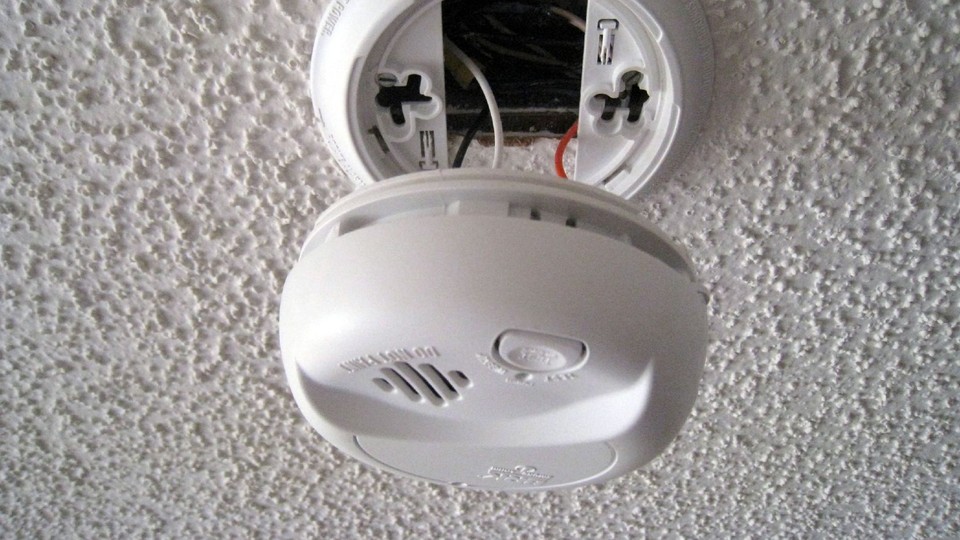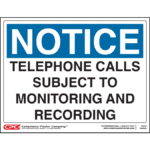A persistent fire alarm beeping at night or smoke detector beeping at night can be a truly disruptive experience. Not only is the sound jarring, but it can also trigger feelings of anxiety and worry, especially when you’re trying to get a good night’s sleep. This nocturnal nuisance often signals a problem that needs addressing, and understanding the potential causes is the first step towards restoring peace and quiet. This article will delve into the common reasons behind why does smoke detector beep at night, providing you with the knowledge to troubleshoot the issue effectively.
This article will explore the most common reasons for a smoke detector beeping at night, including low battery, dust buildup, and malfunction. We’ll also provide practical troubleshooting tips to help you identify and resolve the issue quickly and safely.
Why Smoke Detectors Beep at Night
Smoke detectors are designed to alert you to the presence of smoke, which could indicate a fire. They typically emit a loud, piercing sound to grab your attention. However, sometimes they can start beeping even when there’s no actual fire, which can be incredibly frustrating, especially at night.
There are several reasons why a smoke detector might start beeping at night. The most common culprit is a low battery, but other factors, such as dust buildup or a malfunctioning detector, can also contribute to the problem.
Low Battery

Smoke detectors rely on batteries to power their sensors and alarm system. As the batteries age, their power output decreases, eventually leading to a low battery warning. This warning is often manifested as a beeping sound, which typically becomes more frequent as the battery drains further.
The beeping sound serves as a crucial reminder to replace the batteries before the detector becomes completely inoperable. It’s important to note that the beeping sound may be more noticeable at night because there are fewer ambient noises to mask it.
Checking and Replacing Batteries
Most smoke detectors have a test button that allows you to check if the batteries are working properly. If the detector beeps when you press the test button, the batteries are likely still good. However, if there is no sound or the beeping is weak, it’s time to replace the batteries.
It’s generally recommended to replace the batteries in your smoke detectors at least once a year, or more frequently if they are older or frequently beep. Always follow the manufacturer’s instructions for replacing batteries in your specific model of smoke detector.
Dust Buildup
Dust and other airborne particles can accumulate on the sensor of a smoke detector, interfering with its ability to detect smoke. This buildup can cause the detector to trigger false alarms, including beeping at night.
The sensor in a smoke detector is designed to detect changes in light intensity caused by smoke particles. When dust accumulates on the sensor, it can scatter light, creating a false reading and triggering the alarm.
Cleaning Your Smoke Detector
Regularly cleaning your smoke detector can help prevent dust buildup and false alarms. Most smoke detectors can be cleaned with a vacuum cleaner with a brush attachment or a soft, dry cloth. Be sure to disconnect the power to the detector before cleaning it.
It’s important to note that some smoke detectors have sealed sensors that cannot be cleaned. If your detector has a sealed sensor, you should replace it according to the manufacturer’s recommendations.
Malfunction

In some cases, a smoke detector may beep at night due to a malfunction. This could be caused by a variety of factors, such as a faulty sensor, wiring issue, or internal component failure.
If you’ve checked the batteries and cleaned the detector, but it’s still beeping, it’s likely a sign of a malfunction. In this case, it’s best to contact a qualified electrician or smoke detector technician to diagnose and repair the problem.
Troubleshooting Tips
Here are some additional troubleshooting tips for a beeping smoke detector:
- Check the wiring: Make sure the wiring to the smoke detector is secure and undamaged.
- Test the detector: Press the test button to see if the alarm sounds.
- Check for obstructions: Ensure that there are no obstructions blocking the sensor.
- Consider the age of the detector: Smoke detectors have a limited lifespan. If your detector is old, it may be time to replace it.
Conclusion
A fire alarm beeping at night can be a disruptive and concerning experience. Understanding the potential causes, such as low battery, dust buildup, or malfunction, is crucial for addressing the issue promptly. By following the troubleshooting tips outlined in this article, you can identify the source of the problem and take the necessary steps to restore peace and quiet to your home. Remember, a properly functioning smoke detector is essential for your safety, so don’t ignore any unusual beeping sounds.



